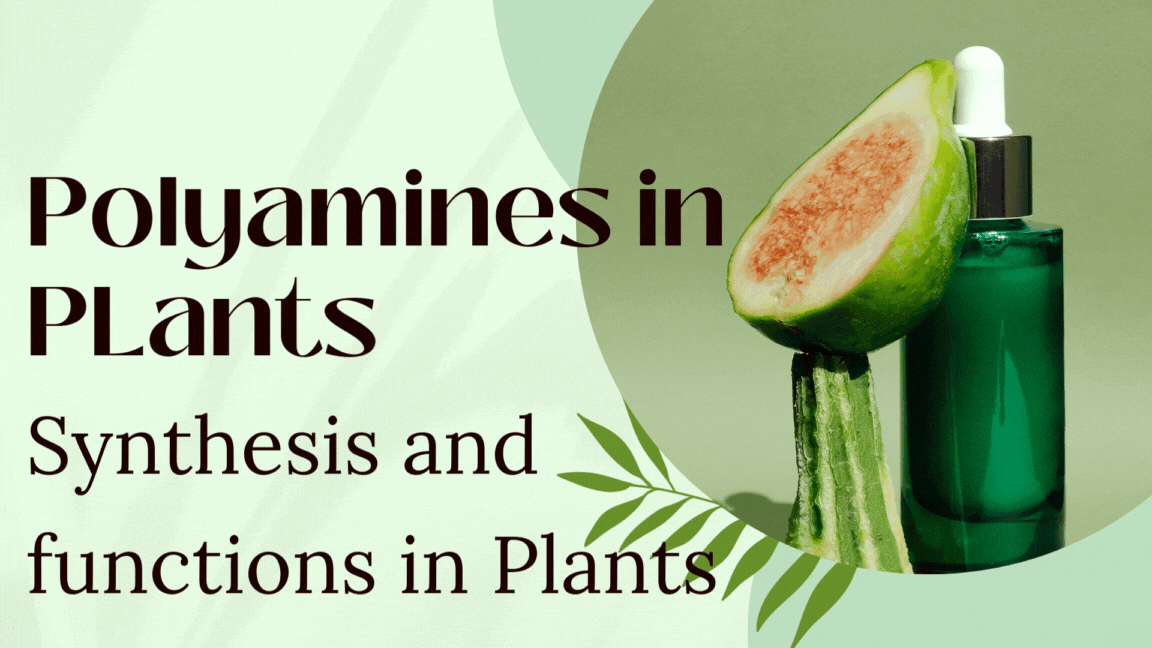Understanding Plant Growth Regulators
Plant growth regulators (PGRs) are chemical compounds used to control plant growth and development. They can regulate processes such as flowering, rooting, and fruit development. These regulators are either naturally occurring or synthetic, with varied roles in enhancing plant health and productivity.
The Role of Exogenous Application
Exogenous application refers to the method of introducing these substances externally to promote growth and ensure optimal plant performance. The application can be through various methods, including soil drenching, foliar sprays, or seed soaking. This approach allows for precise control over plant responses, making it a valuable technique in agriculture and horticulture.
Benefits and Applications
Utilizing PGRs through exogenous application benefits farmers and growers by improving crop yields, increasing resistance to stress, and enhancing the overall quality of plants. For example, certain regulators can promote earlier flowering or increase fruit set, leading to higher harvest volumes. The application methods vary depending on the type of crop and the specific growth stage, making it important to tailor treatments for maximum effectiveness.
https://link.springer.com/article/10.1007/s42106-024-00285-4



